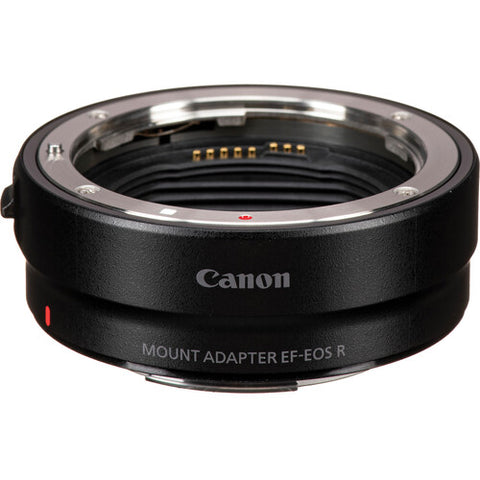The Canon Mount Adapter EF-EOS R is a game-changer for photographers looking to expand their lens options while transitioning to the EOS R mirrorless system. This adapter allows users to attach any EF or EF-S mount lens to their EOS R camera, effectively bridging the gap between traditional DSLR lenses and modern mirrorless technology. In this blog post, we will explore which lenses work best with the Canon Mount Adapter and how to maximize your photographic potential.
Key Features of the Canon Mount Adapter EF-EOS RBefore diving into compatibility, it's important to understand what makes this adapter unique:- Full Electronic Compatibility: The adapter maintains full electronic communication between the lens and camera body, allowing for autofocus, image stabilization, and metadata transmission (such as aperture settings and focal length).
- Light Transmission: It offers a 1-stop gain in light transmission due to its internal optics, enhancing low-light performance without cropping the field of view.
- Robust Design: The adapter is compact, lightweight, and weather-sealed, making it suitable for various shooting conditions.
Compatible Lens Categories
When considering which lenses to use with the Canon Mount Adapter EF-EOS R, it's essential to note that it supports both EF and EF-S lenses. However, RF lenses are not compatible with this adapter. Here’s a breakdown of compatible lens types:- EF Lenses: These are full-frame lenses designed for Canon's DSLR cameras. Popular options include:EF16-35mm f/2.8L III USM
- EF-S Lenses: These are designed for Canon's APS-C cameras but can still be used effectively on full-frame bodies via the adapter. Notable examples include: EF-S 10-18mm f/4.5-5.6 IS STM
Choosing the Right Lens
When selecting a lens to use with the Canon Mount Adapter, consider the following factors:- Purpose of Photography: Different lenses serve various purposes—wide-angle for landscapes, telephoto for wildlife, or macro for close-ups.
- Weight and Size: If you're planning to shoot on location, a lightweight lens can make a significant difference in portability.
- Optical Quality: Look for L-series lenses if you prioritize superior optical performance and build quality.

Post a Comment